In a complex world, promoting lifelong learning is becoming an increasingly important investment in the well-being and competitiveness of individuals, companies and society.
As global interdependence increases in society, the causal relationships related to lifelong learning become more complex. In such a world, there has to be an emphasis on the need for holistic thinking: in the future, lifelong learning must be managed as a cross-cutting entity, with an approach based on systemic thinking.
A comparison of the lifelong learning structures of the Nordic countries indicates that the current governance of lifelong learning is largely based on measures that are specific to administrative sectors, even though some closer co-operation between administrative sectors can also be seen.
In recent years, the Nordic countries have taken steps towards lifelong learning governance pursuant to systemic thinking. In Sweden, a strategic co-operation group has overall responsibility for this instead of individual ministries. Finland has experimented with applying a systemic approach to budgeting. In Iceland and Norway, legislation in part recognises the goal of lifelong learning, and the countries also have national lifelong learning co-ordinators.
The main substance of this memo as goals for the systemic governance of lifelong learning involve:
- strengthening the long-term perspective in decision-making
- making better use of research-based information in understanding phenomena and
- creating extensive high-quality interaction between different parties to generate a shared understanding and further the realisation of the goals and measures.
This report raises a question for further discussion: What kinds of new structures and solutions would provide scope for the parties, gather them extensively together, provide a view of the bigger picture and facilitate dialogue?
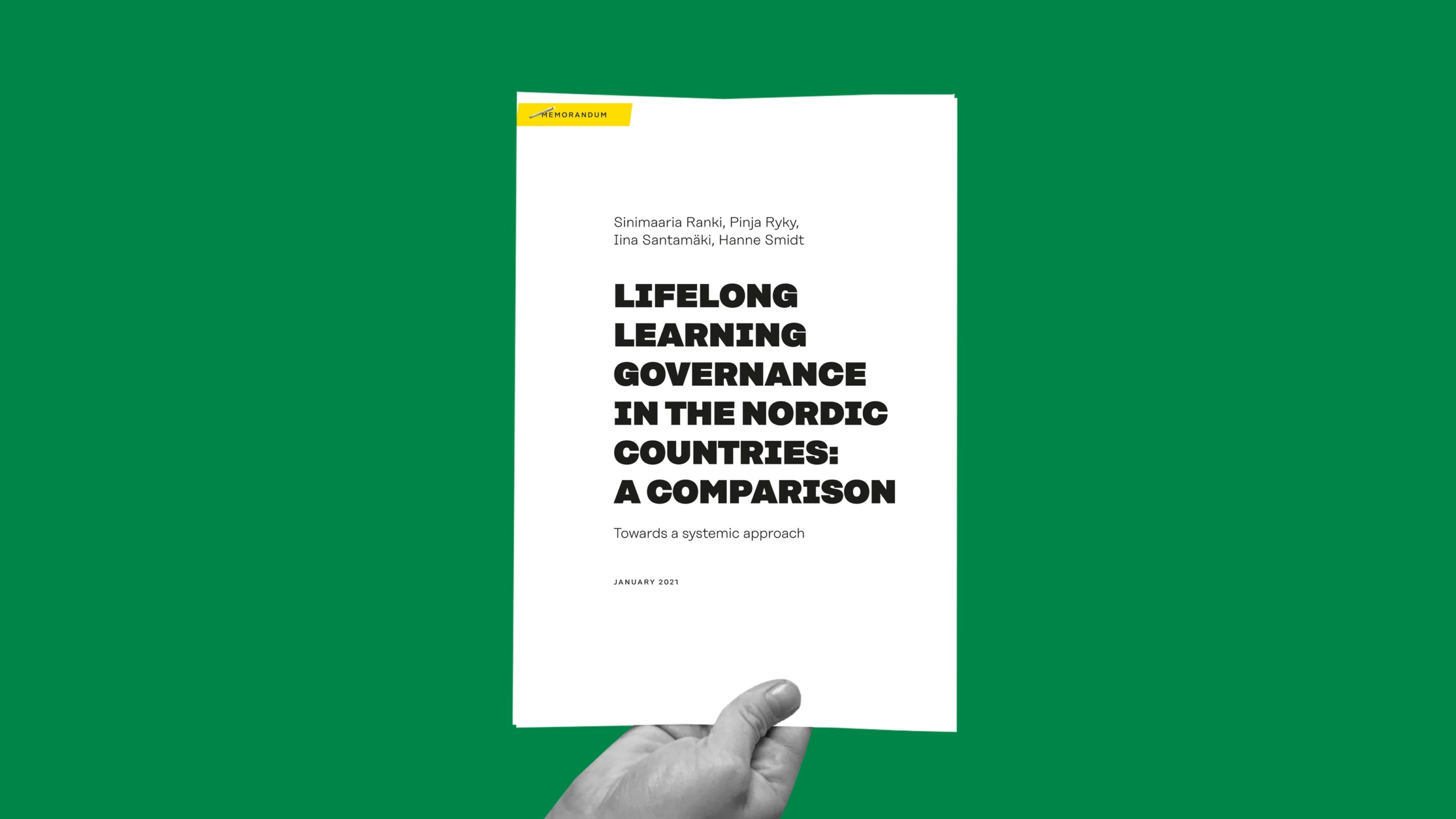


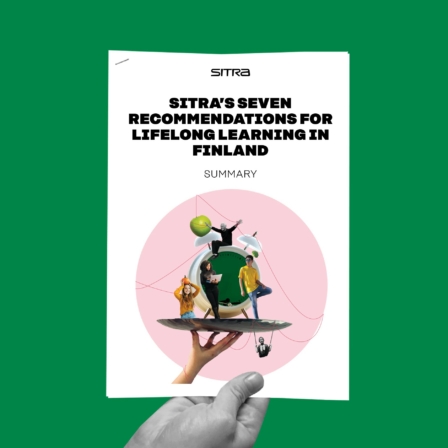

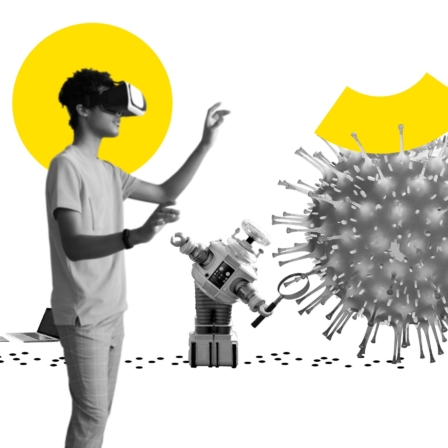
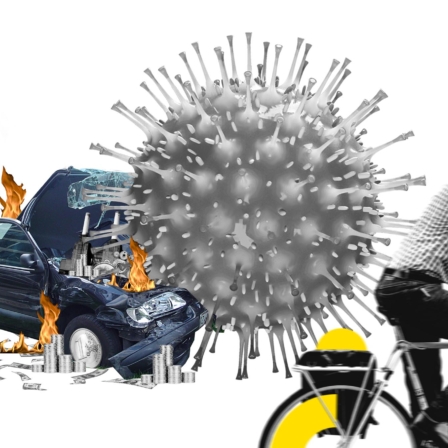





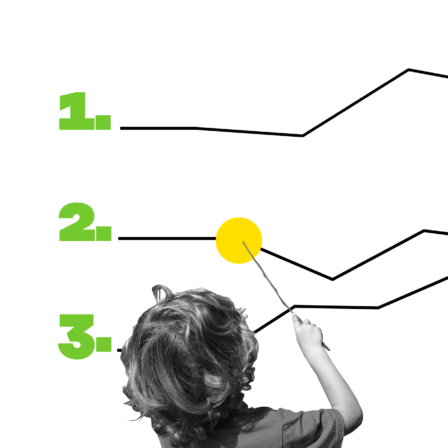
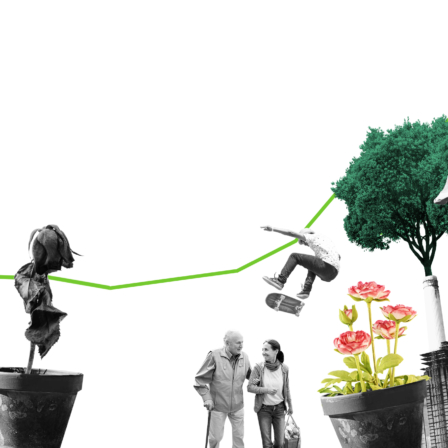

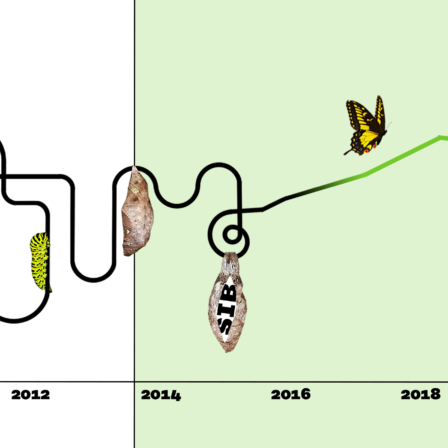


Recommended
Have some more.